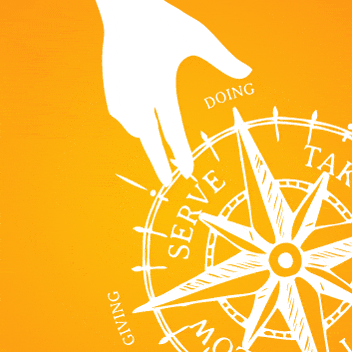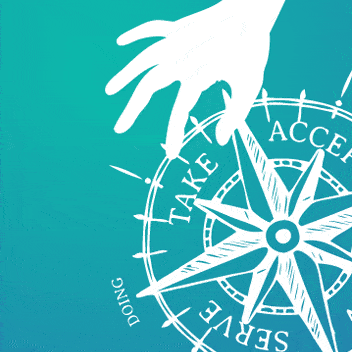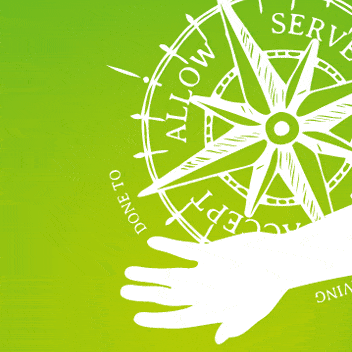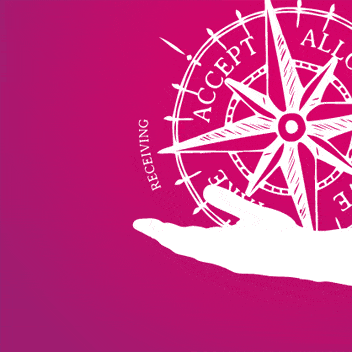
Think you’re impulsive? Here’s a 5-day challenge for you
Do you think of yourself as someone impulsive? Do you follow your impulses? Or do you tend to ignore your gut feelings in favour of the ‘sensible’ option?
We seem to exist in a tug of war between being told we should be wanting more, more, more… and being told to control or deny our impulses. Being impulsive is very often defined as something negative.
At the start of this year I set myself a challenge: to spend a week really paying attention to my impulses, and – as much as possible – following them.
I talk more in this video about where my impulses led me, what I noticed as a result, and some of the positive benefits I experienced.
And what I learned about myself inspired me to put together a fun 5-day Follow Your Impulses Challenge to help you get better connected with your impulses (scroll down to access this).
Impulsive, or compulsive – what’s the difference?
During the week of my experiment one of my friends remarked that none of my impulses seemed to be terribly destructive. And that’s a good point. What if your impulses lead you to binge or be reckless?
So let me clarify how I’m using the word ‘impulse’ in the context of this challenge:
I see a difference between
- Impulsive (which the dictionary describes as spontaneous, uninhibited, passionate) and
- Compulsive (described as uncontrollable, driving, overwhelming).
An impulse arises from within your core being, and shouldn’t be intrusive or damaging (either to yourself or others). Compulsions, on the other hand, tend to be driven by habits, patterns, or external pressures.
In this context the outcome of following an impulse might be positive, or it might just be neutral, but if you’re noticing a negative effect then it’s more likely to be a compulsion.
Ultimately this practice is about building an awareness of your authentic desires – connecting to what you genuinely want for yourself, to benefit yourself. Rather than being driven by what you think you ‘should’ or ‘ought to’ do, or what you think someone else might want from you.
Register for the 5-day ‘Follow Your Impulses’ challenge here
Once you’ve registered keep an eye out for a confirmation opt-in email, you’ll need to click the link in that to get access to the day-by-day challenge outline, and tips to help you get started.
Registering means you’ll also stay connected with me and get updates with more tips, resources and offerings from me in the future; it’s easy to unsubscribe from these at any time if you want to.
The quadrants
Each quadrant in the Wheel Of Consent creates a different experience and teaches you something different about yourself. Learn more about each one:
Enjoyed reading this?
If you've found this page helpful you can get more tips and resources for better relating straight to your inbox. Sign up here and get my free How To Be Heard guide to start you off:
Explore more:
A simple approach to consent and boundaries
If you feel overwhelmed by the idea of consent and boundaries here are some simple things to focus on which will make it easier to understand.
Read MoreWhy are we so scared of talking in the bedroom?
Talking in the bedroom is often viewed as ‘dirty’ or avoided completely. Find out why it’s time to change that narrative.
Read MoreGiving and receiving explained – 6 key ways to tell the difference
If you think giving and receiving don’t need to be explained you might be surprised by this handy guide that breaks down the differences
Read MoreEvents & courses
Learn To Touch – Supported Self Study Course
Online. Discover a whole new approach to touch that will change how you feel – literally! A short, affordable, practical guide you can learn in less than an hour a day.
Read More